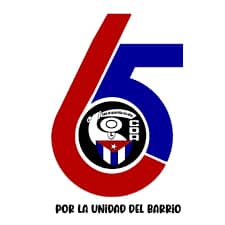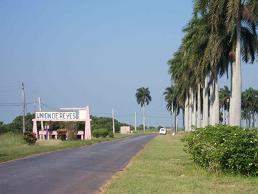El Regañón de La Havana: a light of civilization.


Pascual Ferrer did not hesitate to publish his harsh criticism in a new newspaper, El Regañón de La Havana, which he founded on September 30th, 1800.
It was only the first year of the 19th century. In Cuba, as in the rest of the world, printing was still an artisanal activity, but a growing number of newspapers were beginning to appear. It is said that at that time Buenaventura Pascual Ferrer was not very close to Manuel de Zequeira, one of the great Cuban writers of the period.
Jealousy is as old as Cain and Abel. Pascual had not been amused that it was the poet and not him who was appointed editor of the Papel Periódico de La Havana, with 117 votes of advantage. The literary war between the two first costumbrista writers of Cuba acquired such force that Pascual Ferrer did not hesitate to publish his harsh criticisms also in a new newspaper, El Regañón de La Havana, founded by him on September 30th, 1800.
But beyond those resentful attacks, the new issue, which would come out every Tuesday, promised to bring to light the most interesting and rare features of literature, both national and foreign; to issue a judicious criticism of the uses, customs and public entertainments of the city and to demonstrate, to those who did not know it, «the true path of good taste in the Sciences and Arts».
Ferrer also announced that he would censor all speeches (as the published materials were called at that time) on a monthly basis, and in that eagerness to pursue the most exquisite technique, he deserved the title of the first master of journalism in Cuba, since he elaborated a set of rules that journalists had to follow when writing texts.
That the speeches be interesting and not trivial, that they contain some instruction, that they be short, with new ideas, coupled with a clear and popular style for everyone to understand, were some of his advice, which is still fully valid today.
However, although El Regañón de La Havana reflected the city’s progress, it placed so much emphasis on criticism that it generated quite a few controversies. Pascual Ferrer himself, in his farewell text of 1802, confessed that he had dealt cudgels to the right and left against ridiculous writers, in addition to unsheathing his sword against abuses and bad manners.
Seventy-three years later José Martí would bequeath us forever another maxim: «The press is not kindly approval or insulting anger; it is proposition, study, examination and advice.»
Even so, the historical importance of that newspaper cannot be denied, nor the contributions of its editor and owner, because as journalist Juan Marrero expressed in his book Two centuries of journalism in Cuba, both in the Papel Periódico and in the Regañón de La Havana «the initial yearnings of a nationality in the process of formation were poured and exposed. They were a light of civilization in the midst of an environment full of ignorance».
Written by Jeidi Suárez García.




